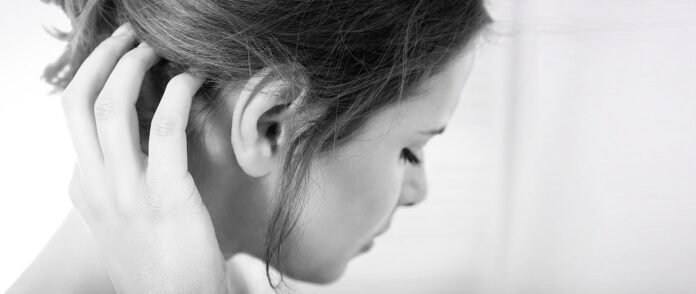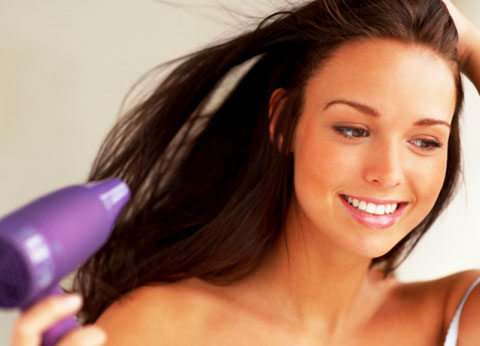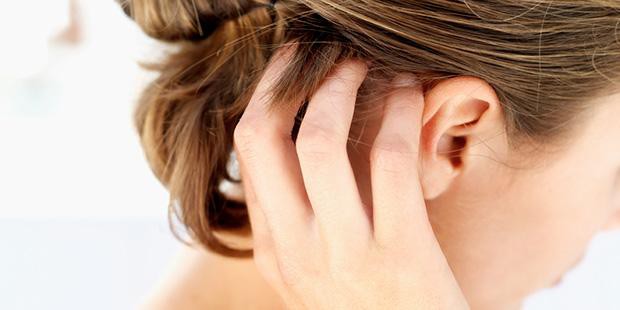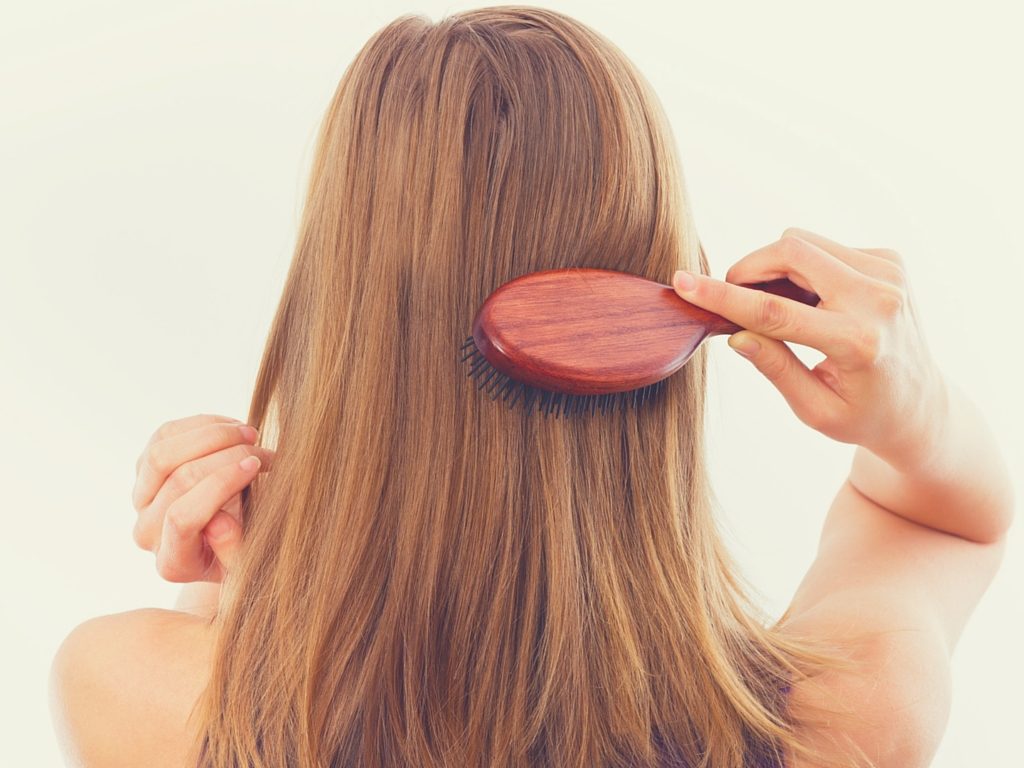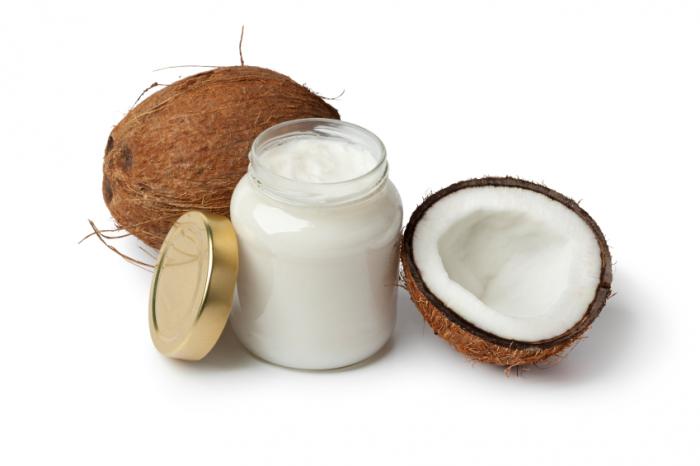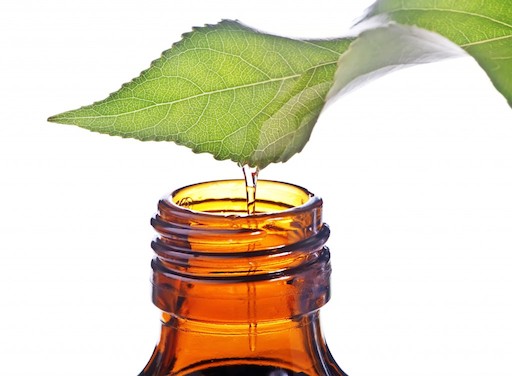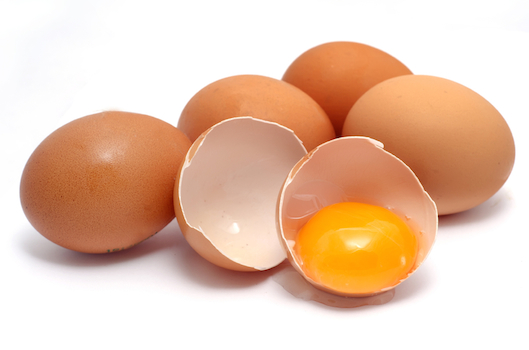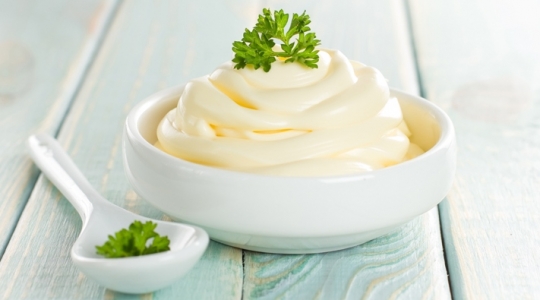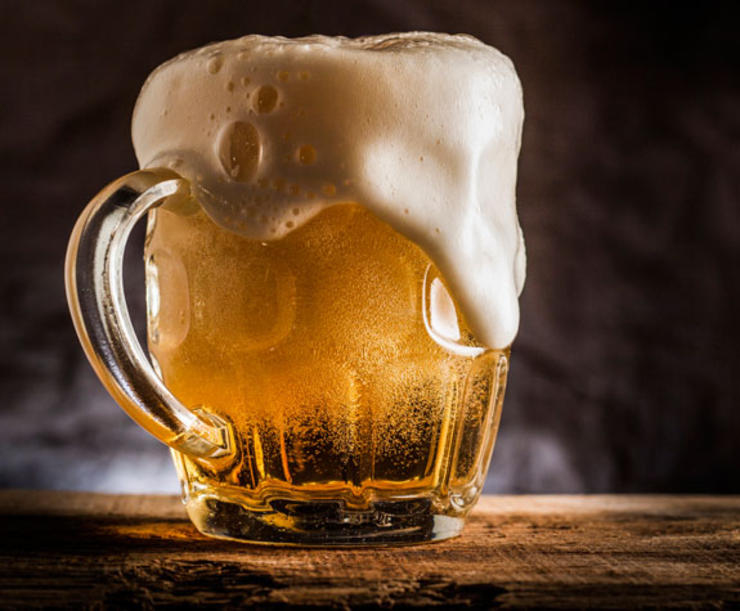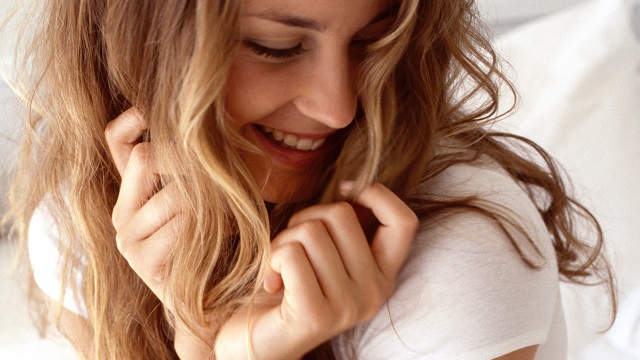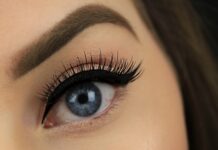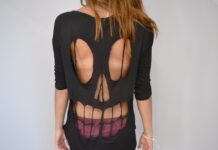Best Dry Scalp Treatments: How to Treat Dry Scalp
Dry scalp is annoying, uncomfortable, maybe a little gross, and also extremely common. Just about everyone will suffer the itching and flaking of a dry scalp at some point in her life, and it’s nothing to be embarrassed about, but that doesn’t make it any less of a bummer. Even if you can get over the dandruff and flaking, the itching alone is still enough to drive you crazy.
Our skin is delicate, our scalps especially, so there are a lot of things that can cause dry scalp. In order to heal and soothe a dry itchy scalp, you may want to ask yourself why it’s happening in the first place.
1Winter
Winter wreaks havoc on our hair, skin, and scalp, but it’s not the cold that does it: it’s actually the constant dry heat in our homes and other buildings. If you live somewhere cold, your poor scalp is probably subjected to a constant flow of hot, dry air blowing through your house from at least November to February. This saps the moisture right out of you, and causes- on top of the chapped lips and hands- dry hair and scalp.
2Other heat damage
3Harsh shampoos and other products
Shampoo is meant to clean your hair and scalp, and a good one used properly won’t strip away the natural oils on your scalp that keep your skin and hair healthy. Shampooing too often may exacerbate a dry scalp because your skin doesn’t have time to replenish its natural oils between washing, and this leaves your scalp without moisture and protection. Using a shampoo or other hair product that- for whatever reason- just doesn’t agree with you can cause the same problem. A cheap shampoo, hair product, or dye that contains harsh chemicals will likely not be kind to your scalp either.
4Seborrheic Dermatitis, Psoriasis, or Eczema
Seborrheic dermatitis is inflammation of the skin that causes itching, flaking, and redness. There’s no one clear cause, and it is sometimes used as a general term for several different types of skin irritation. Psoriasis and eczema may be called seborrheic dermatitis, and so can dryness and flaking caused by an allergic reaction or even environmental factors.
Psoriasis is an autoimmune response in which the body creates too many skin cells in a certain area. Too many skin cells will cause lots of flaking and irritation in the affected area. Eczema causes itching and patches of tough, flaky, sensitive skin. Eczema can be uncomfortable and intensely itchy, and affected areas may be easily irritated and broken.
Note that while there are plenty of natural and DIY treatments that can treat a dry scalp, if your dry scalp is due to a serious skin irritation, psoriasis, or eczema, the first thing you should do is see a doctor or dermatologist to discuss the problem.
Now that you know why dry scalp happens,what can you do about it?
5Boar Bristle Brush
A boar bristle brush is a natural, simple, retro beauty secret that will not only help address your dry scalp, but will keep your hair soft, shiny, strong, and healthy…all by itself. Boar bristle brushes help to make the most of your body’s natural oils by distributing the oil from your scalp down the shaft of your hair.
It is increasingly common beauty advice NOT to wash your hair every single day, but what’s a girl to do when her hair looks and feels greasy just one day after washing? Girl, get yourself a boar bristle brush. It will make your hair look and feel clean, because oil won’t be built up at the roots of your hair and weighing it down. The bristles also gently loosen and dislodge dirt and dead skin from your scalp (some shedding of skin is natural and good, of course), which is probably what you wanted to accomplish by shampooing in the first place.
The bristles really do come from boars, and if you’re concerned about animal rights, there are loads of companies that guarantee their brushes are made from ethically sourced boar bristles.
6Dry Scalp Remedies: Coconut Oil
Your scalp might be dry and flaky because it’s irritated, or it might be lacking in moisture. If that is the case, you can get everything you need for a deep-conditioning treatment from your pantry.
It doesn’t get any simpler than a coconut oil scalp treatment. All you need is some virgin or unrefined coconut oil and your hands. To do this treatment, scoop some coconut oil out of the jar rub it on your scalp, massaging gently. You can also work it all the way down the shaft of you hair. For extra hair and scalp nourishment, put your hair in a shower cap and apply gentle heat (the lightest setting on your blow dryer or a towel right out of the dryer wrapped around your head will do just fine). Leave it on for at least 30 minutes or as much as two hours, then use a good, gentle shampoo to wash it out. Be careful not to overdo it when you wash it out, and don’t worry if your hair looks and feels different right after you wash it. Give it a day and you’ll be amazed by the results.
Virgin coconut oil is the preferred oil for hair treatment because it contains some beneficial vitamins that aren’t found in other oils, but you can do this treatment with extra virgin olive oil or sesame oil, too. To get the most of a warmed oil treatment, rinse your hair with apple cider vinegar afterward.
7Tea Tree Oil
For an extra boost to your oil treatment, add 10-15 drops of tea tree oil to your primary oil (coconut, olive, sesame, etc.) and proceed as normal. Tea tree oil is a great dry scalp remedy and is effective at not just moisturizing your scalp, but at cleaning it and addressing potential causes. Sometimes, fungus and germs are to blame for our scalp problems, especially if the scalp has been irritated for a long time, and tea tree oil safely and effectively kills all those nasties.
8Egg Yolks
Egg yolks contain lots of fat and fat soluble vitamins that will nourish and moisturize your hair and scalp. If you want to treat your scalp with egg yolks, whisk the yolks of two eggs, discarding the whites. You can add honey, olive oil, or plain unsweetened yogurt at this point, or you can simply whisk in some cool water. Massage the mixture onto your scalp and give it about 20 minutes to penetrate, but don’t wait any longer than 45 minutes. Rinse the mixture out with COOL water. Hot water may result in bits of cooked egg (!!!) in your hair.
9Mayonnaise
If oil, eggs, and vinegar are all good for your scalp, why not use a scalp treatment that contains all three? Mayo, like coconut oil, is ready right out of the jar, and should be applied to your scalp, allowed to sit for 20 minutes, then gently washed out. While you probably have a jar of mayonnaise in the fridge already, you may want to get a fresh jar of natural or organic mayo for your hair rather than dipping into the Hellman’s.
10Beer
If you’re a certain type of girl (full disclosure: the author is that type of girl) the idea of uncapping a Guinness and dumping it on your head may sound too good to be true. Well, it’s true. The barley in beer is a good source of protein for your skin and the alcohol and bubbles give your hair shine and volume. After washing your hair, get some beer on your scalp and hair and give it a gentle massage. Rinse it out with plain water and you’re done.
If you can’t get your hands on beer or just can’t get behind dumping it on your head in the shower (which is understandable), there are plenty of shampoos on the market that contain stout and other hair-nourishing ingredients that will help you get the same results.
11Maintaining a healthy scalp
Once you’ve got your scalp soothed and the flaking under control, there’s plenty of tips you can incorporate into your routine to keep it that way.
–Stay hydrated! Everyone talks about the benefits of drinking more water, and no part of your body benefits more than your skin (scalp included).
-If you’re suffering from winter dryness, use a humidifier in your bedroom.
–Cut back on washing your hair. If you’ve taken up a boar bristle brush, you can cut back based on that alone. If you feel self-conscious about how your hair looks a day or two after shampooing, try rocking a scarf, headband, or cute hat on those days. A little puff of dry shampoo won’t hurt either. You may find that after a month or so of less washing, your hair doesn’t seem so greasy a couple of days post-wash.
–Limit hot styling. I’m sorry, put down that blow dryer and the straightening iron, too. Aim to use heat on your hair as little as possible, and when you do use it, use low heat.
–Get your vitamins and fatty acids. Eating foods rich in fat soluble vitamins A, E, D, and K, as well as B vitamins and essential fatty acids improves overall skin health, your scalp included.
